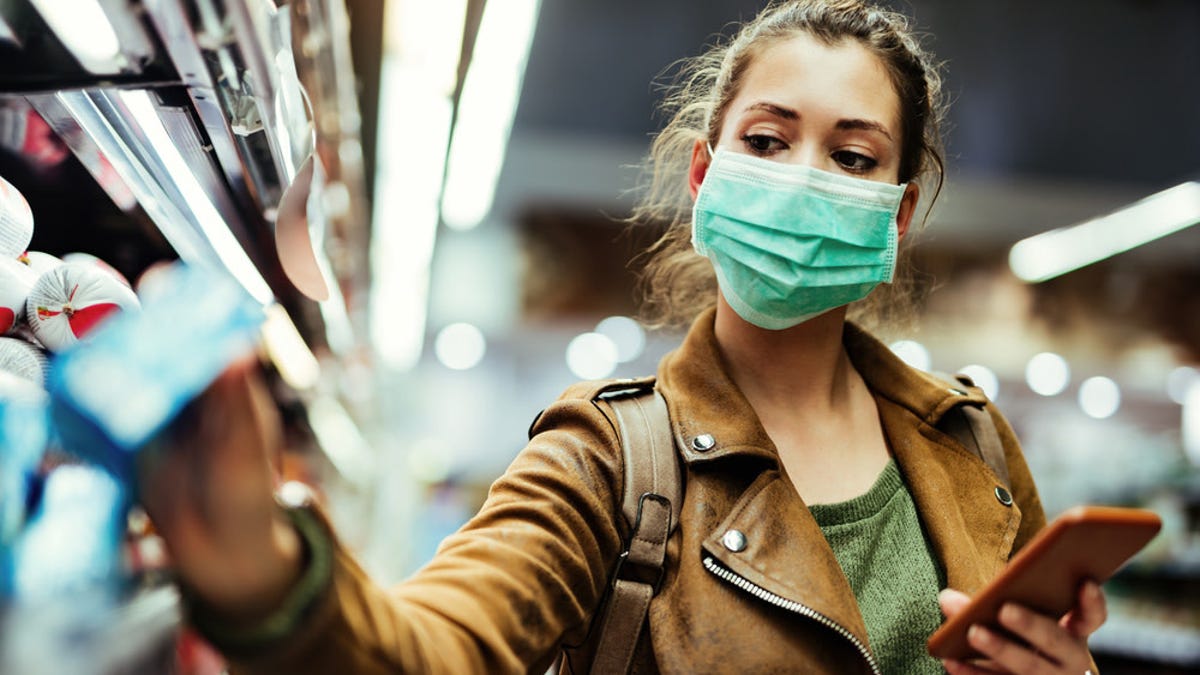If You Won't Wear a Mask to Stop Coronavirus, How About Surveillance? - 2 minutes read
 Photo : Drazen Zigic
Photo : Drazen ZigicFacial recognition technology raises ethical dilemmas and privacy concerns. Is it okay that our phones, computers, and social media apps not only recognize us, but also collect and store data about our faces? These concerns grow as the tech becomes more accurate, and more government agencies, private businesses, and advertising agencies use it to track us.
Advertisement
However, it turns out these sophisticated facial recognition algorithms can be thwarted by wearing a simple mask. Yes, the very same tool that helps prevent the spread of deadly diseases can also keep your identity hidden in the quasi-surveillance state in which we now live.
According to a recent study by the National Institute of Standards and Technology (NIST), wearing a mask increases “top [facial recognition] algorithms’ failure rate to about 5%, while many otherwise competent algorithms failed between 20% to 50% of the time.” The effect depends on the mask’s color and how much of your face it covers; black masks that cover your nose and entire mouth were the most effective at confusing the software, based on NIST’s results.
Advertisement
Image : National Institute for Standards and Technology
NIST specifically tested “one-to-one” matching, where a face is compared to a single photo (such as a passport or driver’s license). The software measures the distance between different facial features to find a match. As it turns out, it’s harder for the software to make those measurements if a mask obscures half of your face.
One-to-one is more accurate than the “one-to-many” method, where software scans a crowd of people then cross-references the faces with a database of facial feature information. It wouldn’t be outlandish to assume, then, that masks can break one-to-many algorithms more reliably than one-to-one algorithms.
Technology will continue to develop and we may reach a point where masks no longer confuse facial recognition software. NIST even plans to test new algorithms built to recognize faces with masks later this year. If successful, we might have to try out that eyeball trick Tom Cruise uses in Minority Report.
Advertisement
For now, though, wearing a mask will keep you safe—whether from a pandemic-level viral outbreak or the peering eyes of Skynet.
Source: Lifehacker.com
Powered by NewsAPI.org